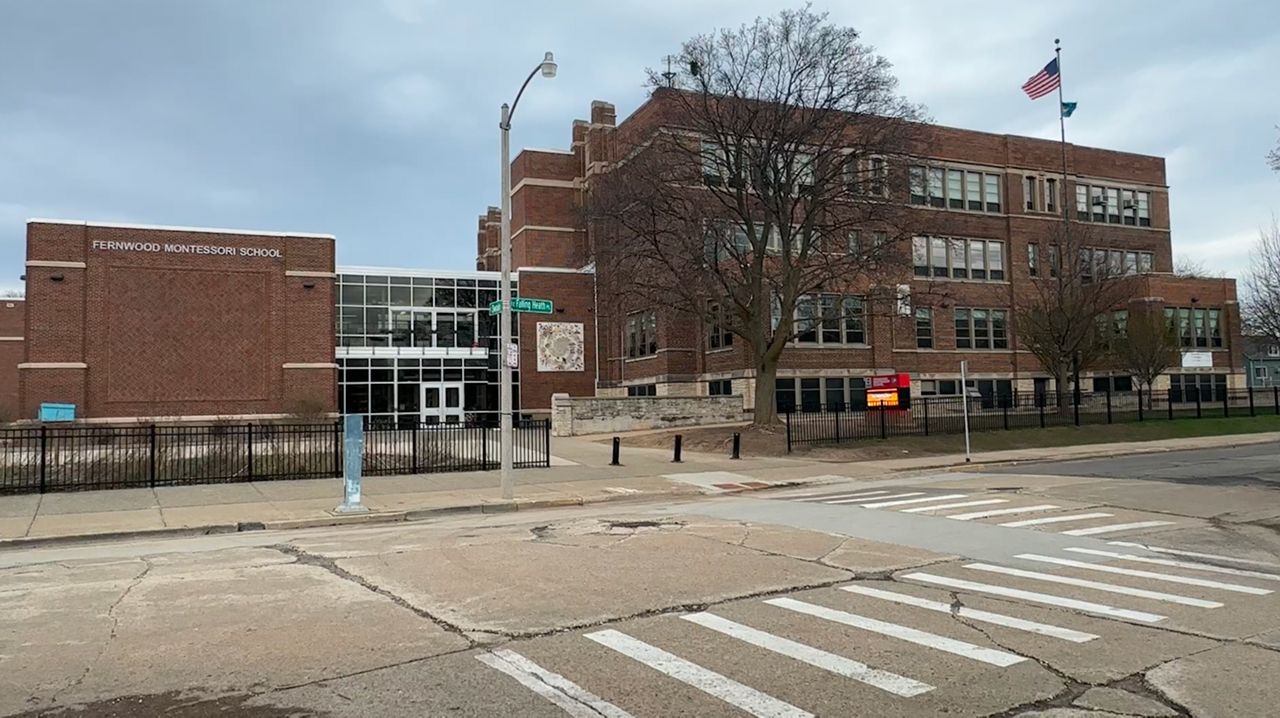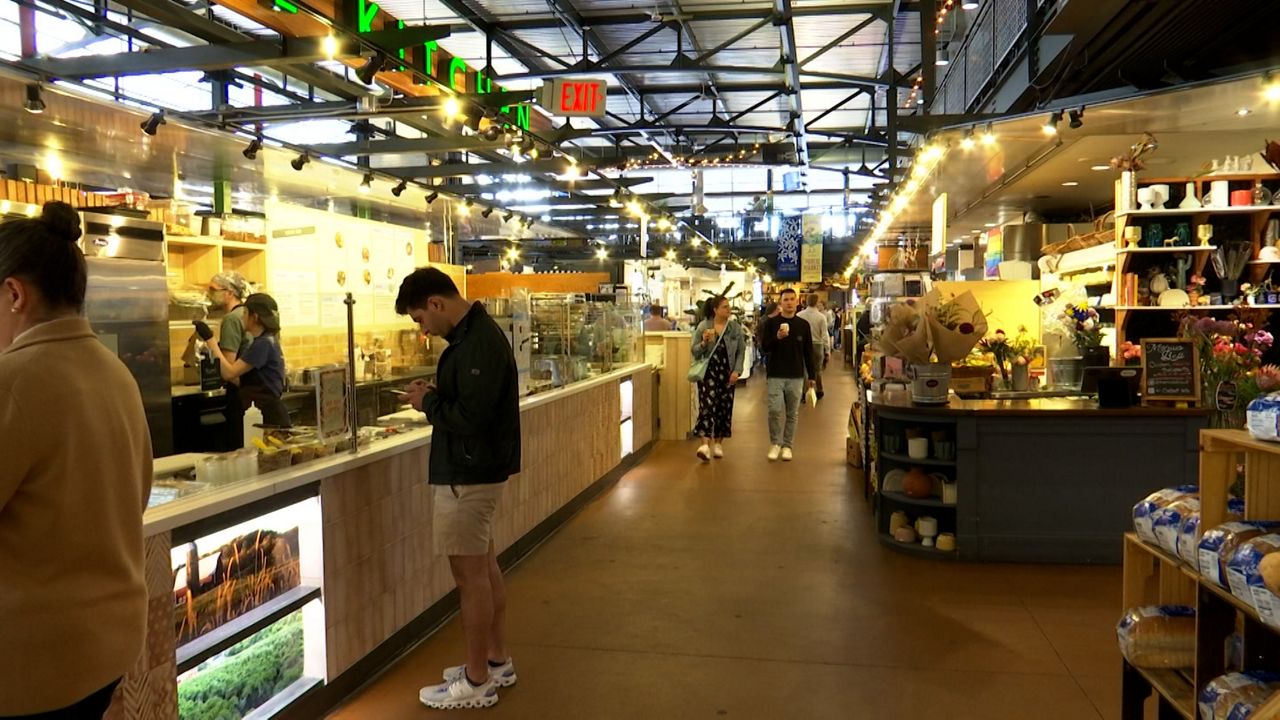RANDOLPH, Wis. — Ben Alsum has worked on his family farm since he was in 5th grade. Now he’s part-owner of Alsum Sweet Corn.
“We have about 250 acres of vegetables,” said Alsum. “Everything from sweet corn, pumpkins, squash, pickles, cucumbers, zucchini, peppers, red cabbage, green cabbage, strawberries. I think that would about cover it.”
It's known for sweet corn and this is the time of year the family typically starts to prepare for harvest.
“Right now, we’d be getting our wagons ready that we pull the sweet corn to the packing shed with,” said Alsum. “We’d be getting our sweet corn picker ready. Things like that since we’re about two weeks out from harvesting our field crop.”
Instead, their focus has been on the drought.
“The last, I would say, 30 to 40 days we’ve been focusing on water, water, water, water,” said Alsum.
Alsum said they’ve added new irrigation equipment to make up for the lack of rain.
“We put an irrigation well in two years ago and we have a traveling gun,” said Alsum. “This year, we can barley keep up with watering the sweet corn and vegetables. So right now, we are actually installing overhead irrigations in the irrigation pivots. We’re putting four of them in this farm and five more in other farms we have.”
He said this is one of the worst droughts the farm has dealt with.
Nicole Wagner, executive director for Wisconsin Corn — which deals with field corn, not sweet corn — said even though the drought is bad, farmers will still have a crop.
“We’re still going to be able to feed all of the livestock in the state,” said Wagner. “We’re still going to be able to supply corn to ethanol plants. Corn growers are still going to have a crop just not as good as they like.”
The Alsum farm harvested its first ear of sweet corn on Thursday.
This is exciting news for Alsum, as the harvest was a result of the drip tape irrigation system for the sweet corn. This system sped up the growing process.
“It started in a green house and we transplanted it into the plastic,” said Alsum.
This is something Alsum said he plans to add to more of his corn crops next year.










